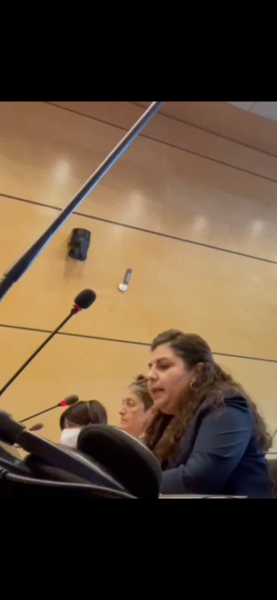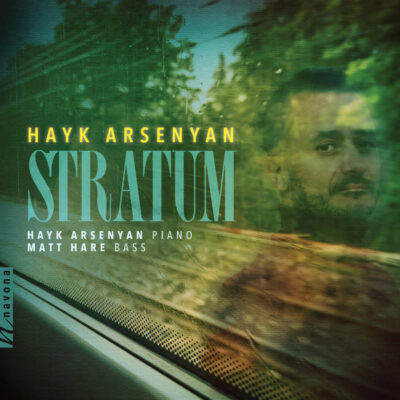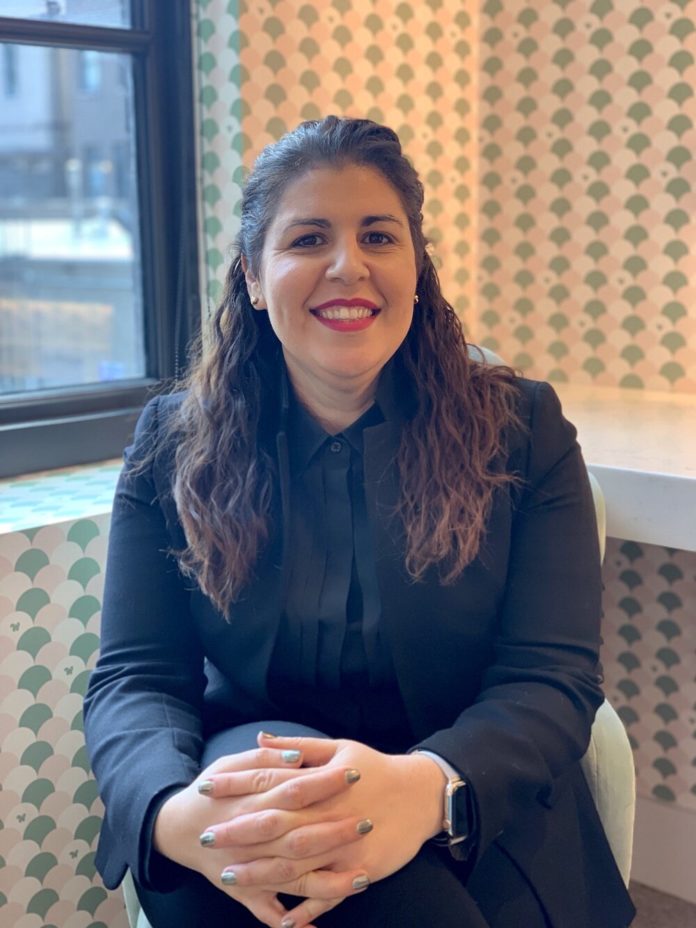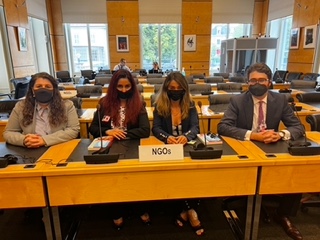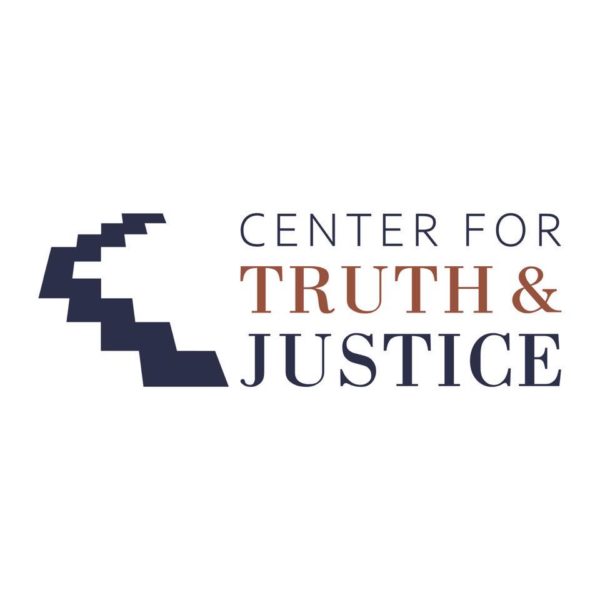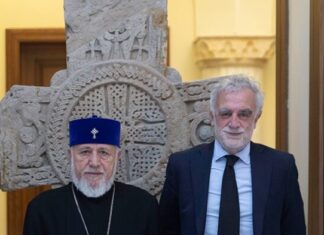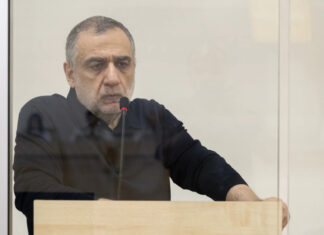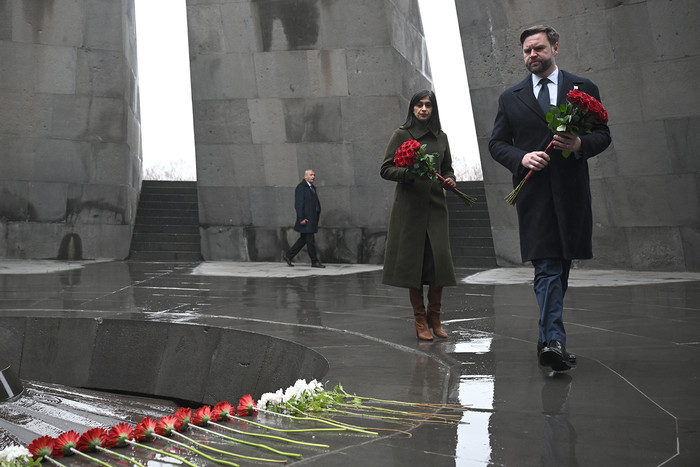ANN ARBOR, MI — Since the autumn of 2020, the effects of the 44-Day War and its aftermath have reverberated throughout the Armenian world.
While locals in Armenia were concerned with the direct threat of Azerbaijani aggression, Diasporan Armenians wondered what they could do to help. A non-profit organization, the Center for Truth and Justice (CFTJ) was founded by a group of Southern California lawyers who gathered to focus on something they do best: collecting evidence.
This past month, August 2022, an authoritative United Nations committee in Geneva gave the CFTJ and other non-governmental organizations a chance to make their case for Azerbaijan’s violation of a major human rights treaty which both Azerbaijan and Armenia are a party to. This hearing could have a huge effect on the outcome of the pending Armenia v. Azerbaijan case in the International Court of Justice (ICJ), which is the first ICJ case in history of which Armenia is a party.
The CFTJ was represented in Geneva by Chicago-based lawyer, Talin Hitik, who recently explained the history of the CFTJ as well as her role in the process of bringing Azerbaijan’s war crimes to the attention of the United Nations. (This interview took place immediately before the most recent Azerbaijani attack on Armenia on September 12/13.)
